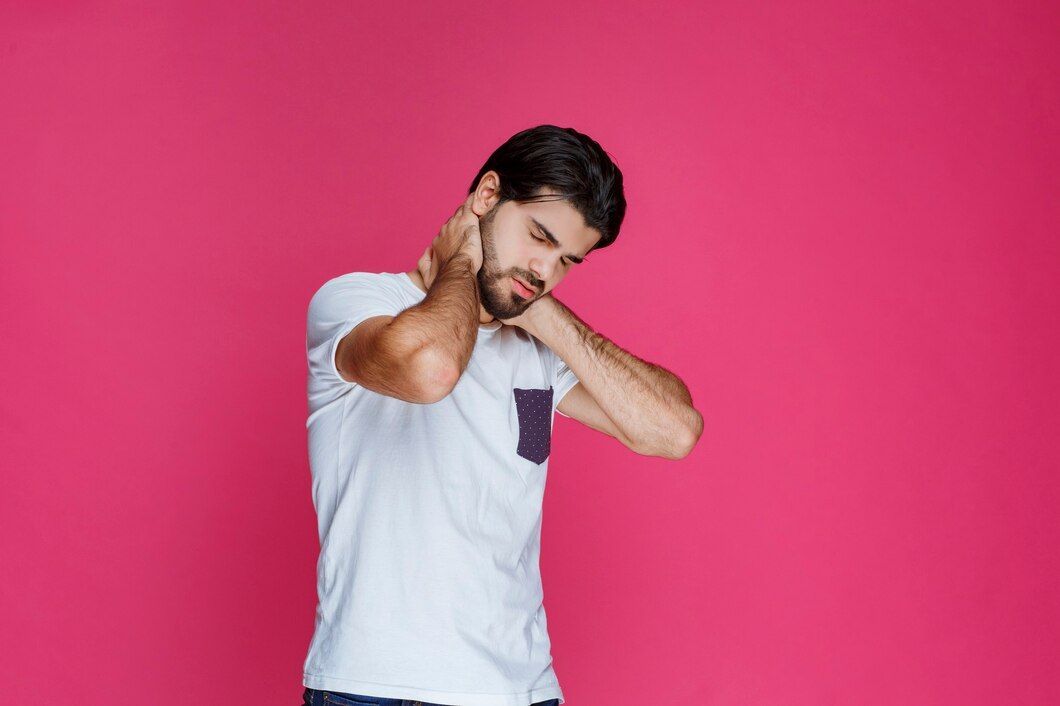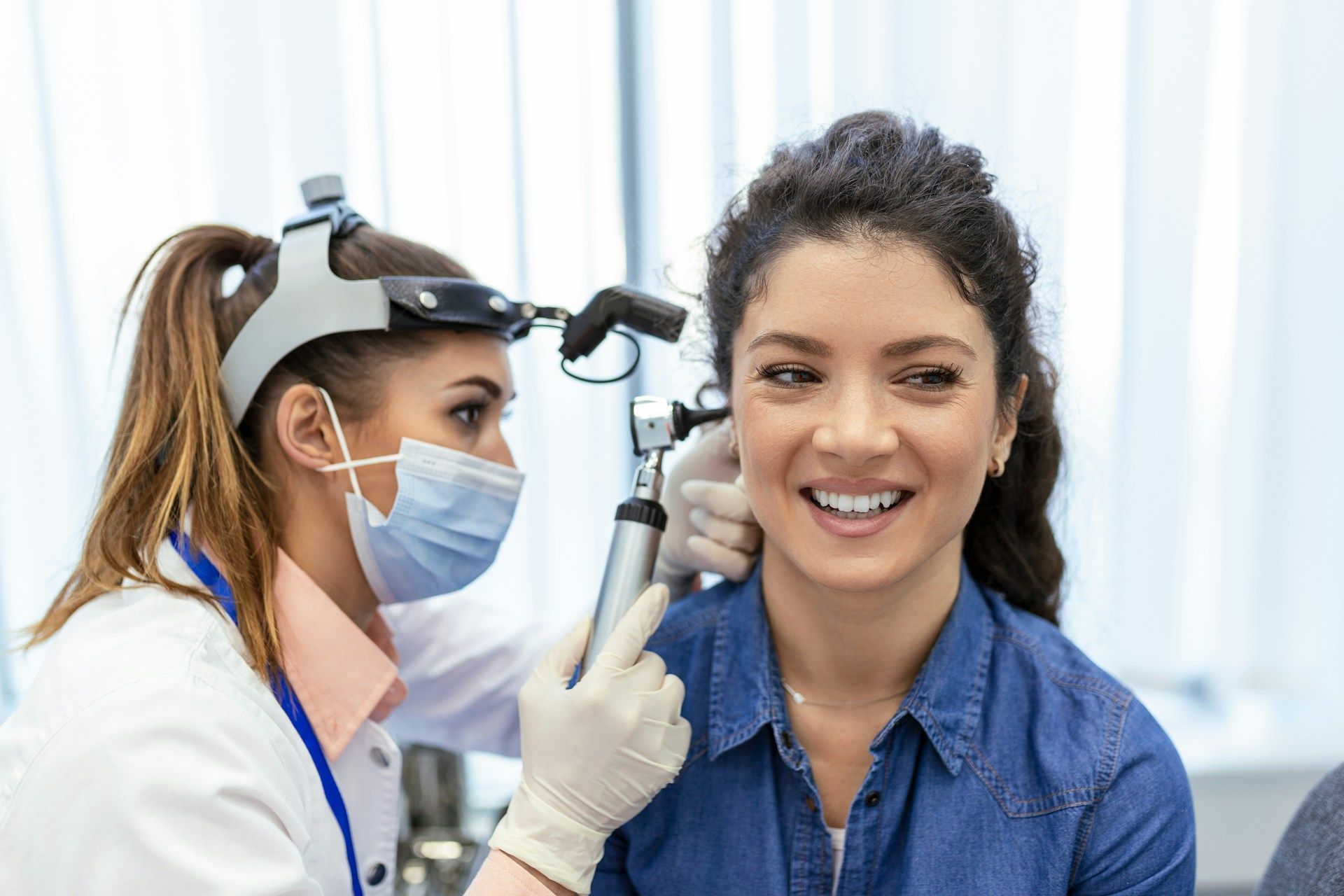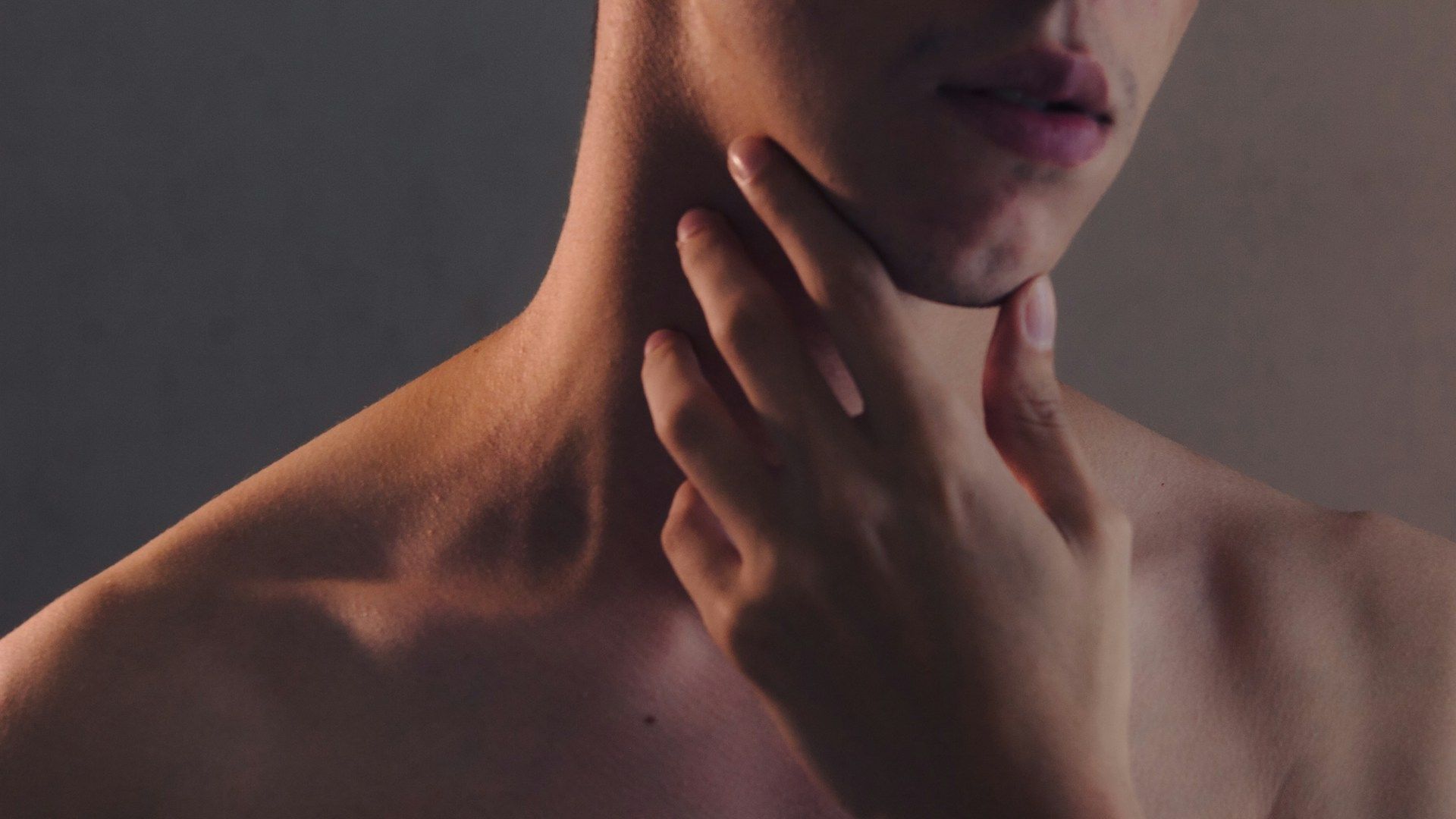4 Types Of Headaches: Which Kind Is Causing You Pain?
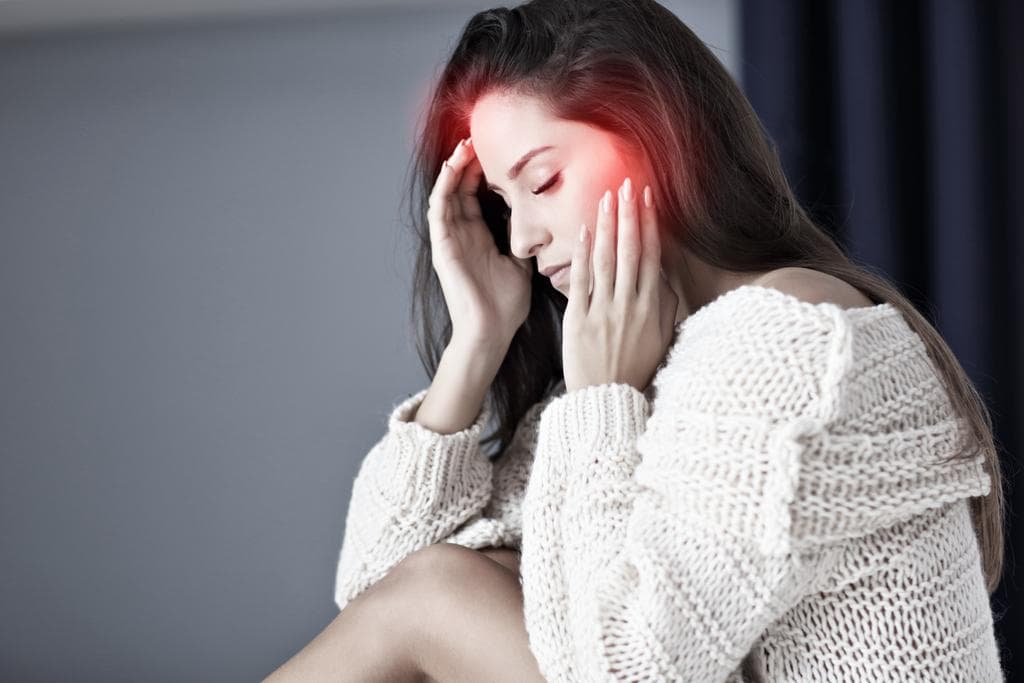
Most headaches aren't harmful and are simple to treat with a simple painkiller, despite the fact that they are bothersome and sometimes painful.
Most headaches aren't harmful and are simple to treat with a simple painkiller, despite the fact that they are bothersome and sometimes painful.
Speak with your doctor about the type of headache you may have if it is severe, frequent, or accompanied by other symptoms. By deciding on the best course of action as a team, you may be able to stop them. Headaches are frequently brought on by TMJ. Your greatest option for pain relief may be seeing our dentist for
headache treatment in Naperville if you frequently get headaches and have jaw stiffness.
Here are four common types of headaches.
Migraine Headaches
One of the most difficult sorts of headaches to deal with is migraine. They typically start with a severe, throbbing headache that may move to one side of the head. They commonly make people feel nauseous and sick. A migraine can persist for a few hours to many days and make a person sensitive to scents, sounds, and lights.
A warning indication known as an aura may appear before a migraine onset in certain people. One or more visual symptoms, such as seeing flickering lights, blind spots, or zigzag lines, as well as other symptoms, such as numbness in a limb or an odd odor, may be present.
Why migraine headaches occur is unknown to medical professionals. the nervous system, according to the majority of experts. It is believed that genes also play a role in migraines because they frequently run in families.
Numerous factors can trigger an attack in someone with migraines. among the typical triggers are
- Alcohol
- Caffeine
- Specific foods or odors
- Frigid winds
- Seasonal or altitude changes
- Hormone changes, such as those associated with menstruation
- Pills for contraception
- skipped a meal
- Alterations in sleeping habits
- A sore neck
- Dirty rooms
- Tension or stress
Treatment and Pain Management for Migraine Headaches
Among the effective migraine treatments are:
- Sleep in a peaceful, dark room.
- compresses—either hot or cold
- Massage
- tricyclic mood-stabilizing drugs
- Transcranial magnetic stimulation, a treatment that stimulates brain nerve cells with electrical currents,
Cluster Headache
They were given this name because they typically arrive in groups over several weeks. A cluster might last for six to twelve weeks on average. Usually, they begin hours after you go to sleep. A slight pain might occasionally serve as a precursor to a cluster headache.
One side of your head is the only one that hurts. A lot of times, it's in or around your eye. It is sharp and severe, reaching its peak in a matter of minutes. Redness and watering appear in the afflicted eye. Additionally, you frequently get runny nose and nasal congestion on that side.
This headache lasts between 15 and 3 hours before fading or going away and reappearing a day or two later. A day may see eight or more attacks for some people.
Cluster headaches might occur often for several weeks or months before going gone completely. They often begin between the ages of 25 and 50 and are more prevalent in men. Heavy smokers are more likely to develop them than nonsmokers. For certain people, stress, alcohol usage, and certain foods can produce headaches, but doctors are unsure exactly what is causing them in the first place.
Cluster headache treatment and pain management
Among the effective cluster headache treatments are:
- The use of injectable drugs
- Nasal sprays that are prescribed
- Oxygen treatment (breathing pure oxygen via mask)
- Drugs used as a preventative
Tension Headache
The temples, forehead, and back of the head are all affected by the tension headache discomfort, which radiates around the outside of the head. Because it hurts where a hat would normally lay on the head, it is frequently referred to as a "hatband headache." Although the discomfort might linger for a few hours to a few days, patients have found success in controlling it with the help of physical therapy and anti-inflammatory medications.
Tension headache treatment and headache relief
Effective tension headache treatments include the following:
- Physical exercise
- muscle relaxants
- Over-the-counter analgesics (aspirin, ibuprofen)
Hypnic Headache
Hypnic headaches only happen at night, typically around the same hour every day. Both sides of the head are affected by the discomfort, despite it lasting less than an hour. In most cases, this illness does not manifest in affected individuals until well past middle age. Hypnic headaches are typically not well treated with traditional painkillers. Contrary to popular belief, coffee is one of the most effective types of pain treatment when used before bed.
Hypnic Headaches Treatment and Pain-Relieving Medicine
The following medications can be taken at night to alleviate hypnic headache relief
Blocking calcium channels (increase blood and oxygen supply to the heart)
Caffeine \sLithium
Once you have a proper diagnosis for your headaches, you can begin the most effective course of action for your symptoms.
Consult your physician about your headaches as a first step. A physical examination will be performed for you, and you'll be questioned about your symptoms and how frequently they occur. With these descriptions, it's crucial to be as thorough as you can. List the triggers, aggravators, and reliefs for your headaches for your doctor to consider. In order to help your doctor identify your issue, you might record specifics in a headache diary.
Most people don't require specialized diagnostic procedures. However, occasionally medical professionals advise a CT scan or MRI to check for issues inside the brain that could be the source of your headaches. X-rays of the brain won't be of any assistance. Unless you've passed out due to a headache, an EEG (electroencephalogram) is also not essential.
Ask your doctor to recommend a
headache treatment doctor if your symptoms continue to worsen or occur more frequently in spite of treatment
CONTACT INFORMATION
Phone: (630) 305-7914
Email: frontdesk@suburbantmjcenter.com
Address: 1309 Macom Drive, Suite 107
Naperville, IL 60564
CONNECT WITH US
All Rights Reserved | Website Designed By: Morningdove - Accessibility Statement






